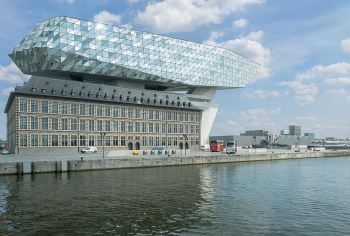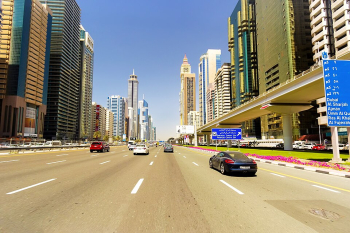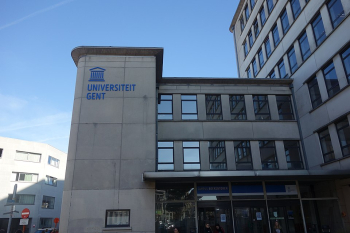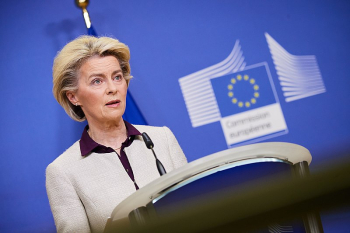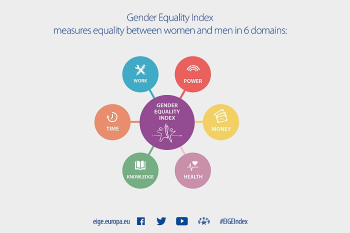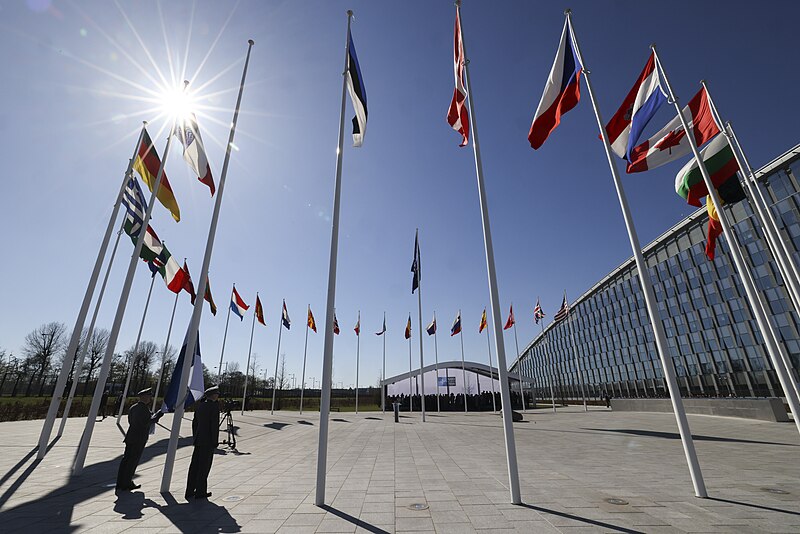
On Monday afternoon, Members of the European Parliament (MEPs) engaged in a discussion with NATO Secretary General Mark Rutte about the current security landscape in
Europe, defense strategies, and EU-NATO collaboration.
In his first official address to MEPs from the Foreign Affairs Committee, the Subcommittee on Security and Defence, and the Parliament’s delegation for relations with the NATO Parliamentary Assembly, Mr. Rutte voiced significant concern over Europe’s fragile security environment. “While we are not at war, we are certainly not at peace either,” he stated, citing challenges from Russia, China, Iran, and North Korea, along with persistent threats such as terrorism, nuclear proliferation, disinformation, and climate change.
Despite the precarious situation, Mr. Rutte remained optimistic: “We know how to safeguard our people and the European way of life. Now, it’s time to act.” He underscored the importance of increasing investments in defense capabilities, enhancing resilience, and maintaining steadfast support for Ukraine. According to Mr. Rutte, strengthening Europe’s defense requires higher spending, smarter investments, and increased production capacity—not to incite conflict, but to deter it. “The current NATO defense spending target of two percent is insufficient. To ensure safety, NATO allies must significantly boost their spending. This includes scaling up production of essential military assets and capabilities,” he explained. He also commended the European defense industry’s efforts but stressed that more progress is needed.
On the subject of Ukraine, Mr. Rutte highlighted that Europe’s future is closely tied to the outcome of the ongoing conflict. “A lasting peace in Ukraine is crucial. If Putin gets his way, peace will remain elusive,” he warned, emphasizing the vital role of EU support. “We are safe now, but that might not be the case in five years.”
MEPs: Europe’s role in strengthening NATO
MEPs asked Mr. Rutte about how the EU can further contribute to NATO’s goals. They pointed out that defense goes beyond military action, encompassing diplomacy, economic stability, and international relations. Concerns were also raised about future cooperation with the incoming U.S. administration and the evolving role of Türkiye within NATO.
Some MEPs acknowledged divergences in defense priorities among NATO allies but stressed the importance of unity to achieve lasting peace in Ukraine. Others drew attention to security challenges in the Mediterranean and the Western Balkans.
On enhancing Europe’s military production, MEPs inquired about minimizing duplication and expediting the development of new weapons. They also highlighted the urgency of addressing hybrid threats, particularly in Eastern Europe and the Western Balkans.
You can watch the full debate.
Photo by UK Government Picture by Rory Arnold / No 10 Downing Street, Wikimedia commons.

